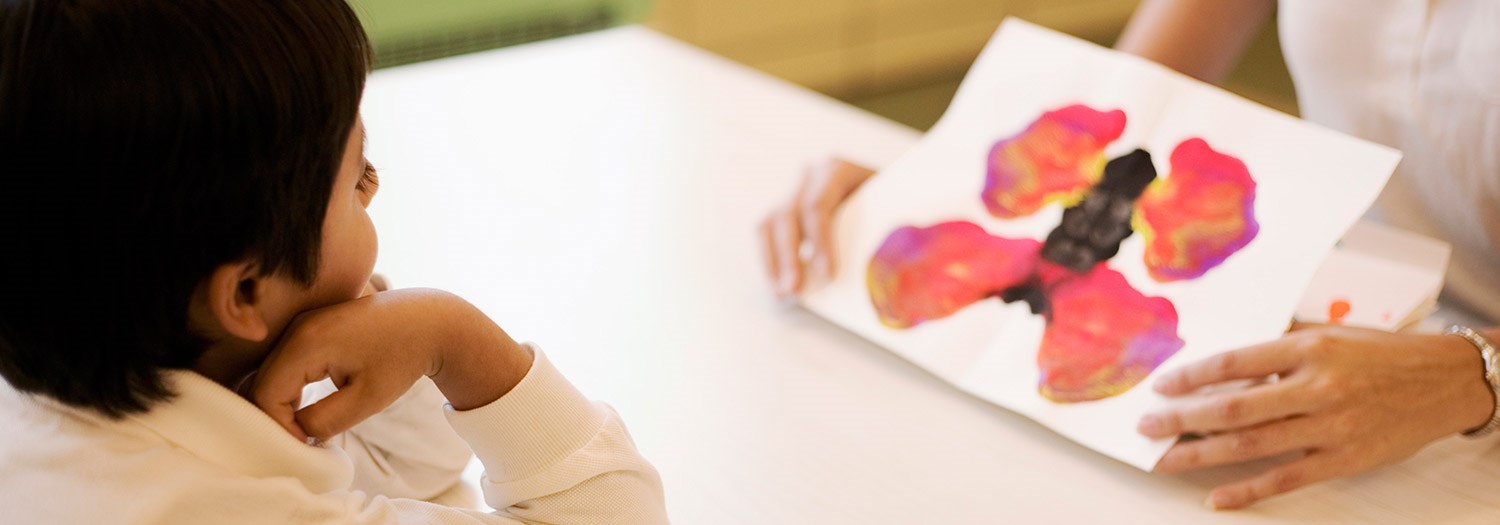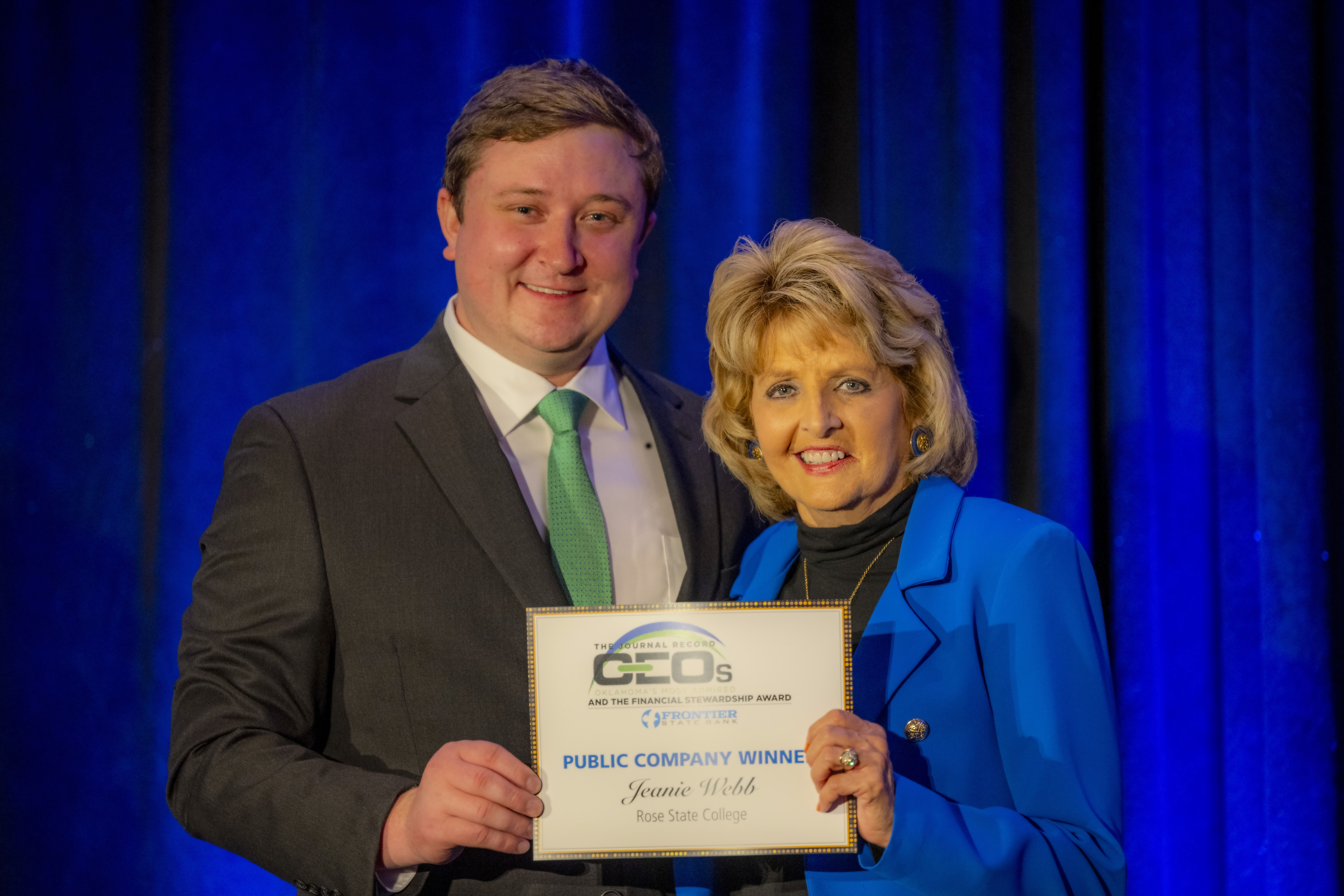Psychology
Department Overview
The Associate in Arts in Psychology degree program is designed to familiarize students with the science of Psychology, including its theories, perspectives and practical applications. Successful completion of the program enables students to demonstrate the knowledge and skills required to function effectively in the ever-changing work world, their social world, and to be academically prepared for success should they choose to continue their education at the baccalaureate level and beyond.
Through the process of gaining a "psychological perspective," students will acquire the knowledge and skills with which to appreciate the complexities of the human mind and behavior, and the dynamics of human relationships. Our courses stress the development of critical thinking across biological, psychological, and social systems that shape our thoughts, feelings, and behavior.
Psychology course offerings span a broad spectrum, providing fascinating excursions into the various subfields of the science. Our full and part-time faculty represent both clinical and non-clinical areas of training and experience and all have graduate degrees. The faculty strive to provide excellent instruction in the classroom and have been the recipients of teaching and education awards. The faculty members are accessible, student-friendly, and vested in students’ success. Faculty typically deliver both academic and career assistance to students, making every effort to foster a positive learning experience, both within and beyond the classroom.
While most classes are delivered using the traditional lecture format, all courses utilize a Learning Management System, Canvas. Free access to computers is available to all enrolled students in the Learning Resources Center (LRC), the Student Center Building, and in the academic division computer labs, including the Social Sciences Division computer lab. Some sections of courses are delivered entirely online, and others are delivered using a hybrid format.
Requirements
The Associate in Arts in Psychology degree program requires students to complete all 39 credit hours of the general education requirements necessary for all degree programs. The Psychology program has 3 required core courses and 10 elective Psychology courses that students can choose from to meet the 27-hour minimum requirement. Program requirements (PDF)
What Is Required of a Student?
The Associate in Arts in Psychology degree program requires students to complete all 39 credit hours of the general education requirements necessary for all degree programs. The Psychology program has 3 required core courses and 10 elective Psychology courses that students can choose from to meet the 27-hour minimum requirement. At the completion of this program, students should be able to apply these concepts to everyday life situations, as well as exercise and expand critical thinking and communication skills to engender life-long learning and thus amplify fulfillment in their personal and professional relationships.
What Happens After Graduation?
Many of our graduates continue their educational journey on the baccalaureate level by transferring their degree credits to a four-year college or university. Some of those students pursue a graduate degree as preparation for a career in psychology. Others find their niche in the ever-changing work world, utilizing the knowledge and skills they acquired in the Rose State College Psychology degree program to make their contributions to the community and to society at large.
Why Choose the Psychology Program?
We have well-qualified full-time and adjunct faculty with graduate degrees and important work experience in the field of psychology. This faculty is also diverse in terms of race, gender, and age, and they create a learning environment that is both inclusive and stimulating. The faculty members are accessible, friendly, student-centered, and vested in students’ success.
Our class sizes are small, allowing students to have more one-on-one time with the professor. Also, small classes afford the opportunity to interact with the professor and with other students during class discussions common in psychology classes at Rose State.






